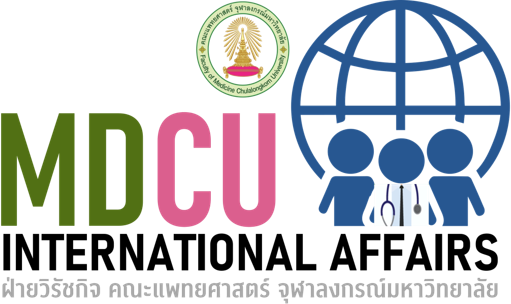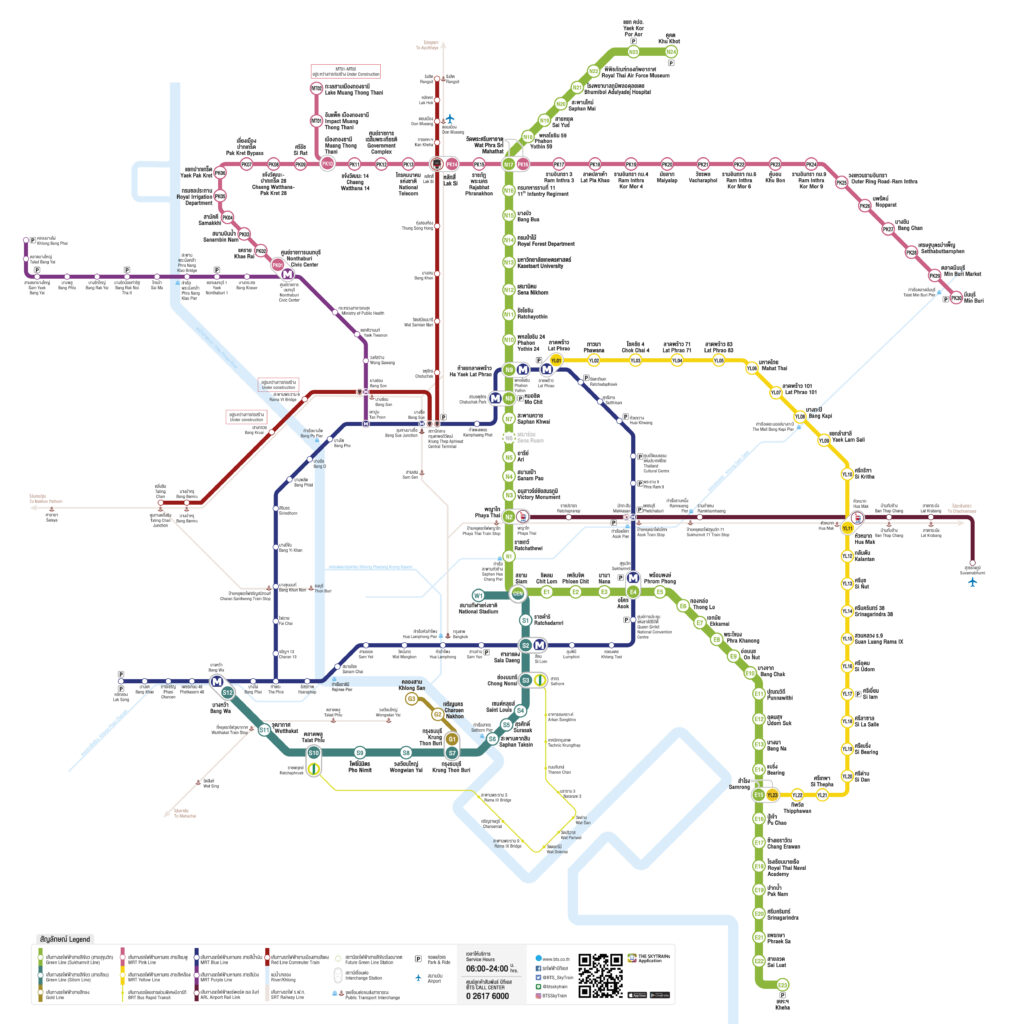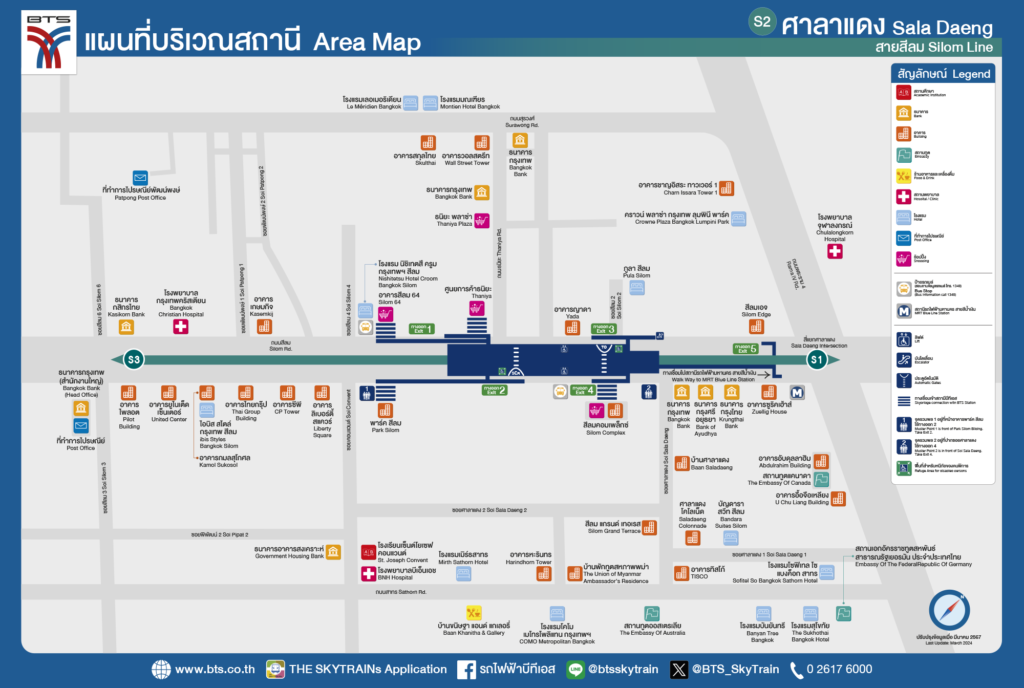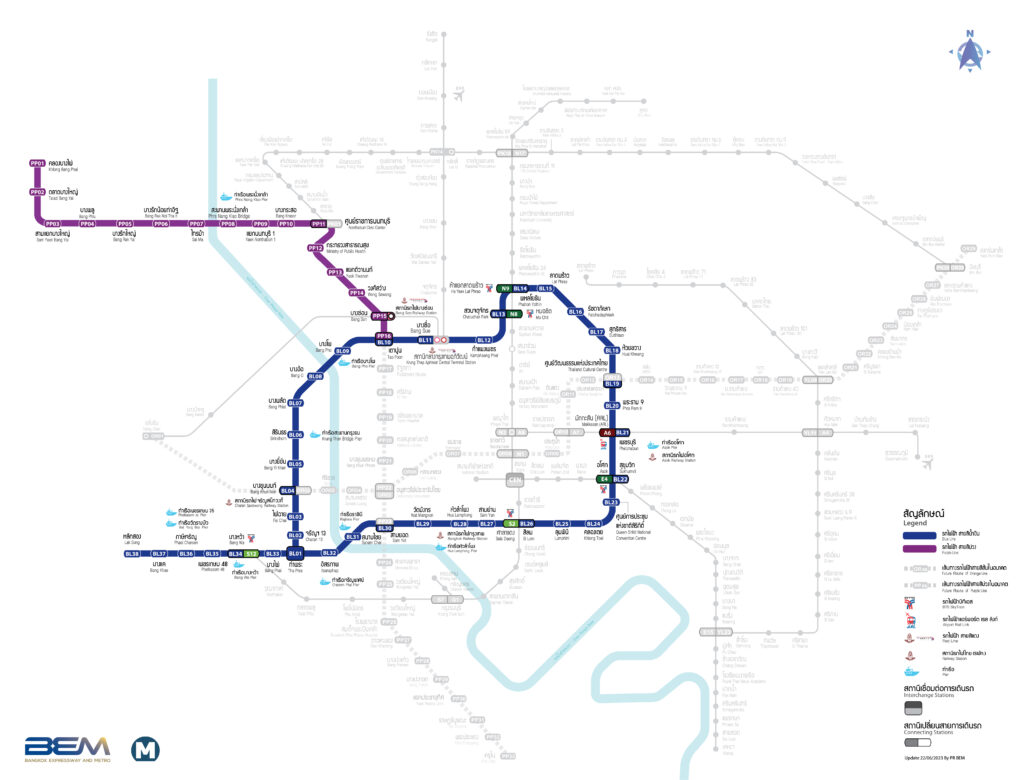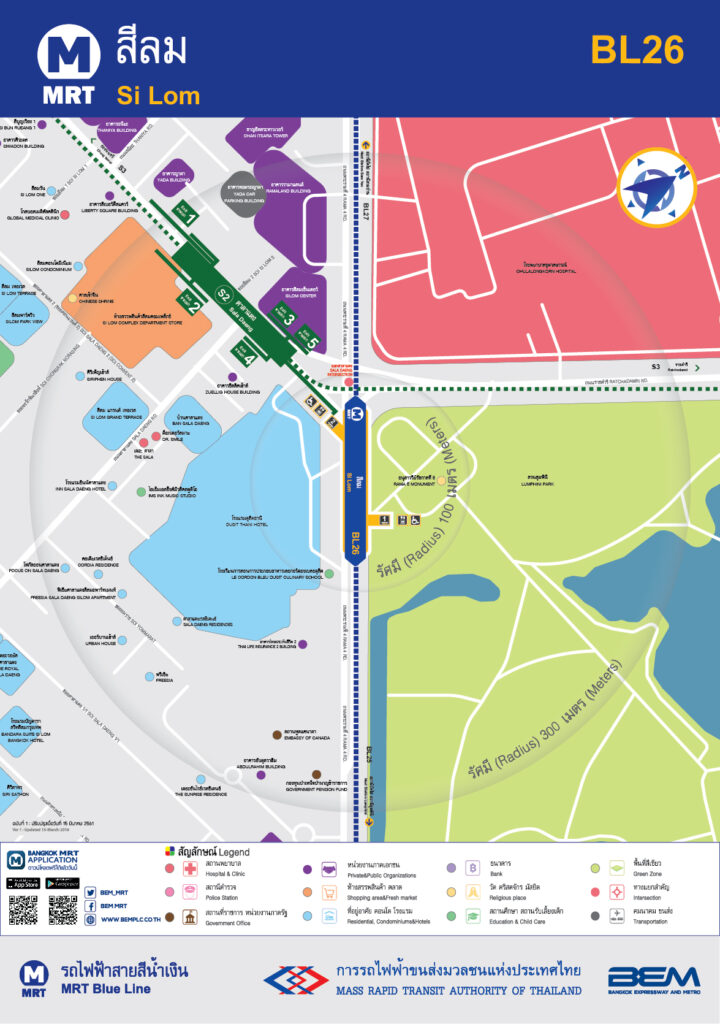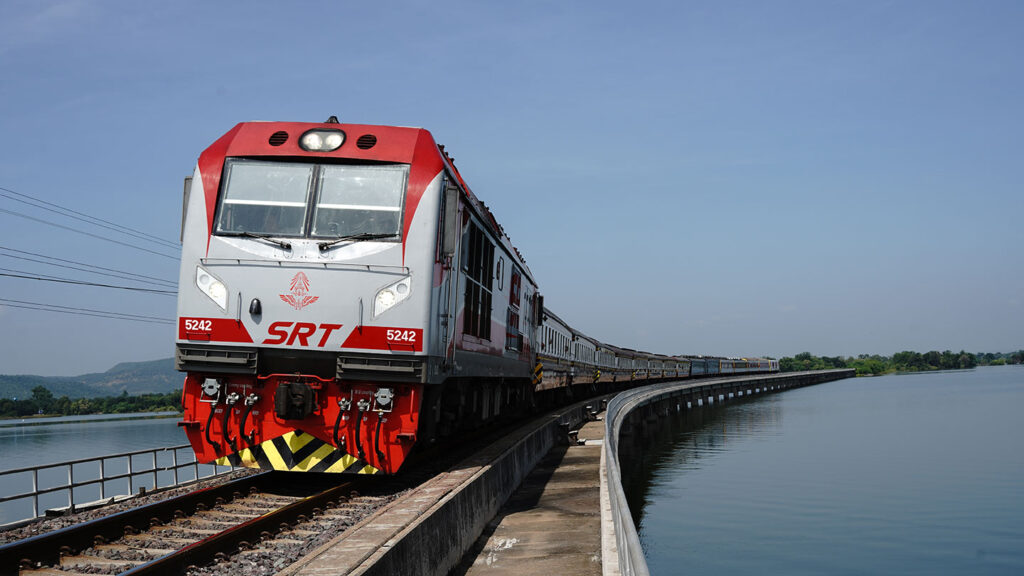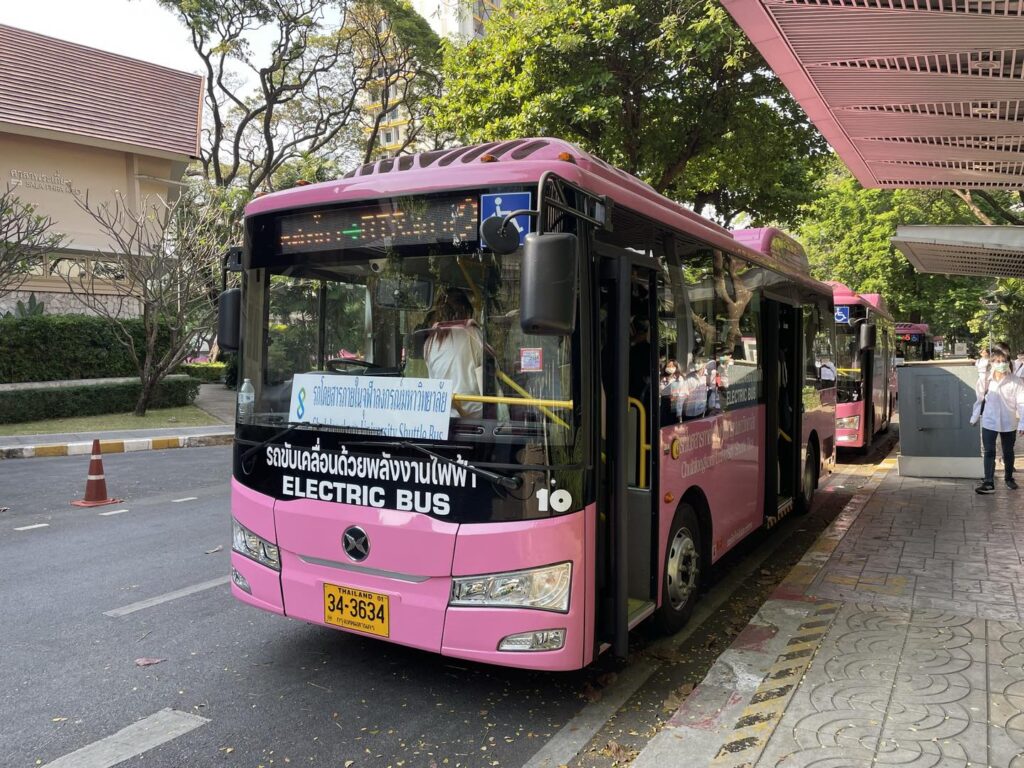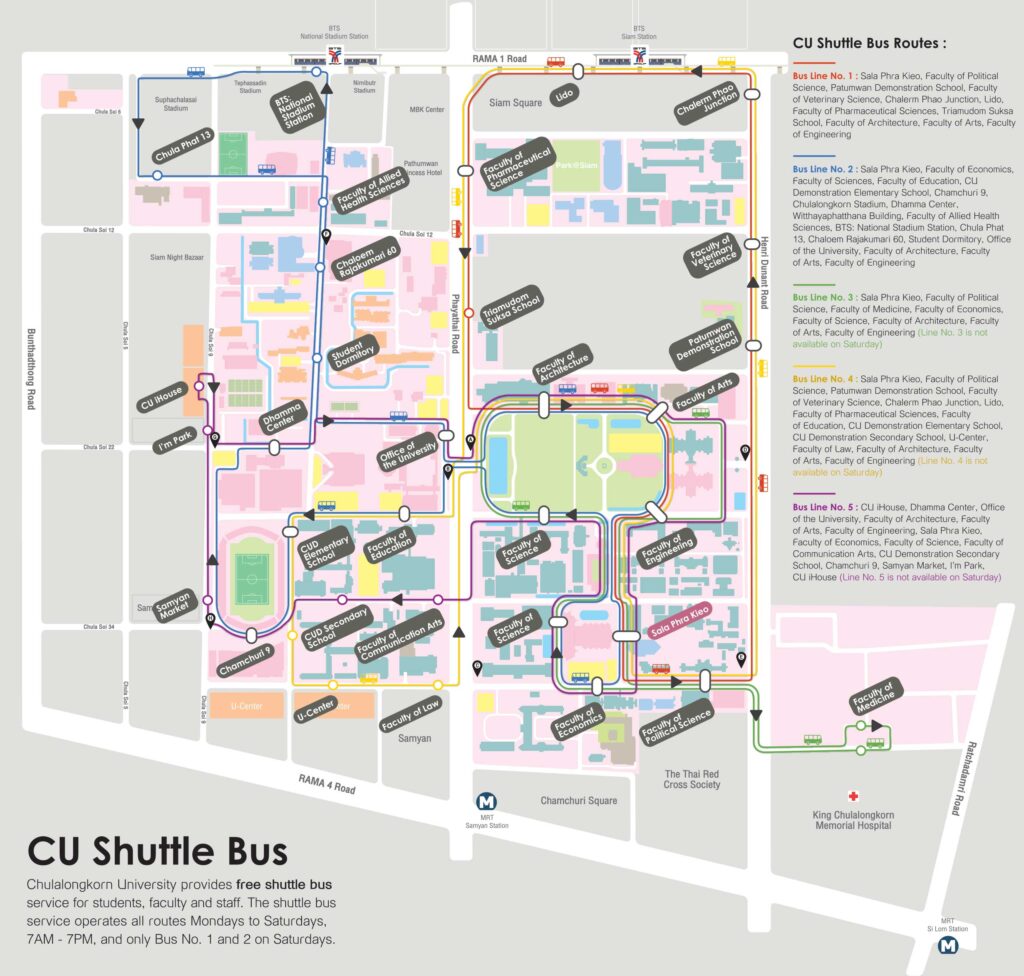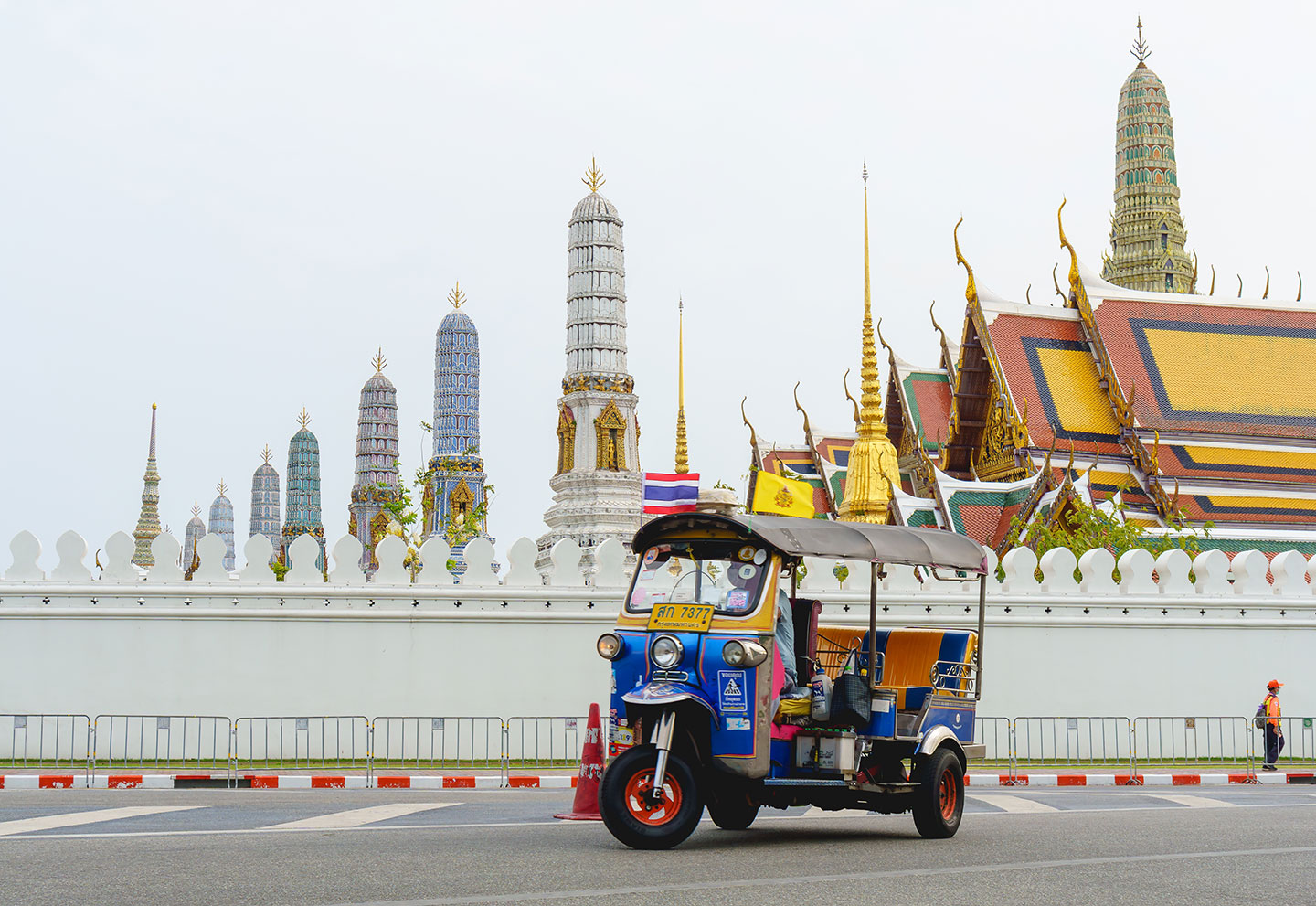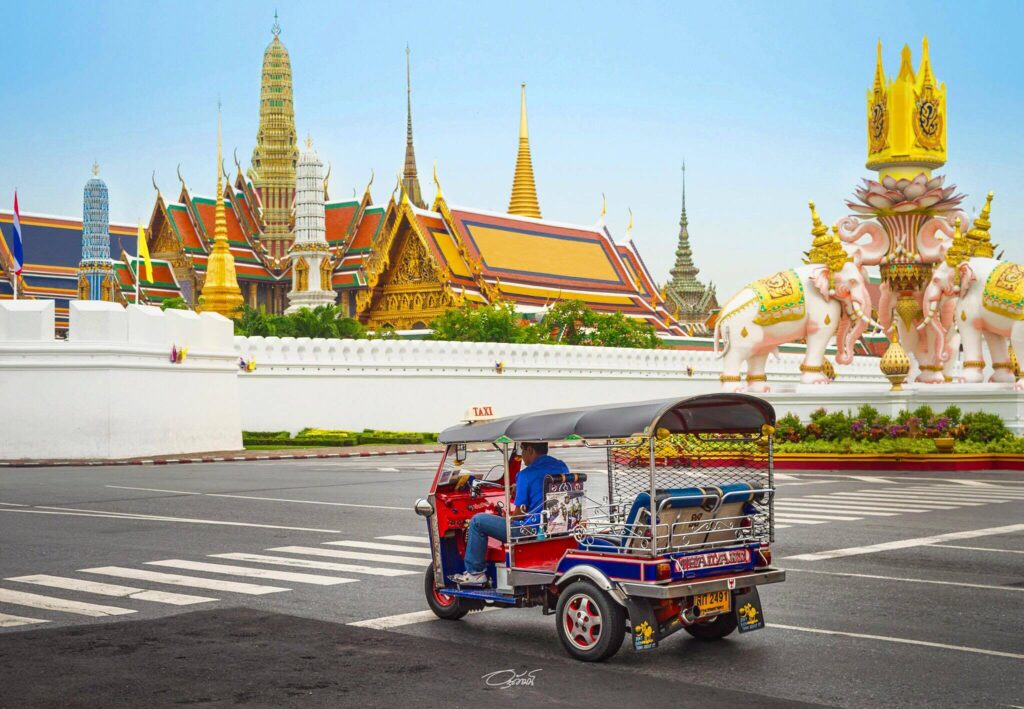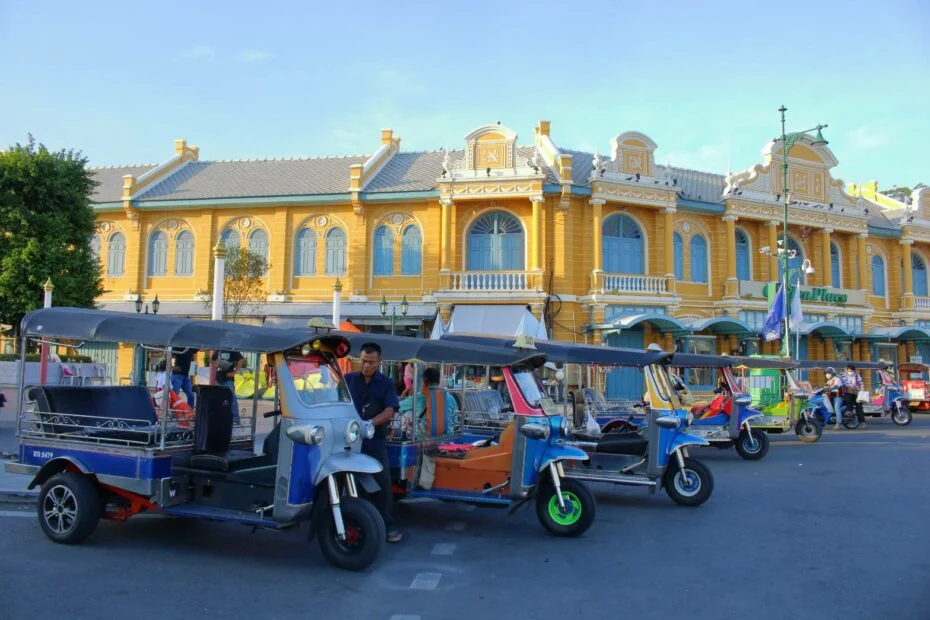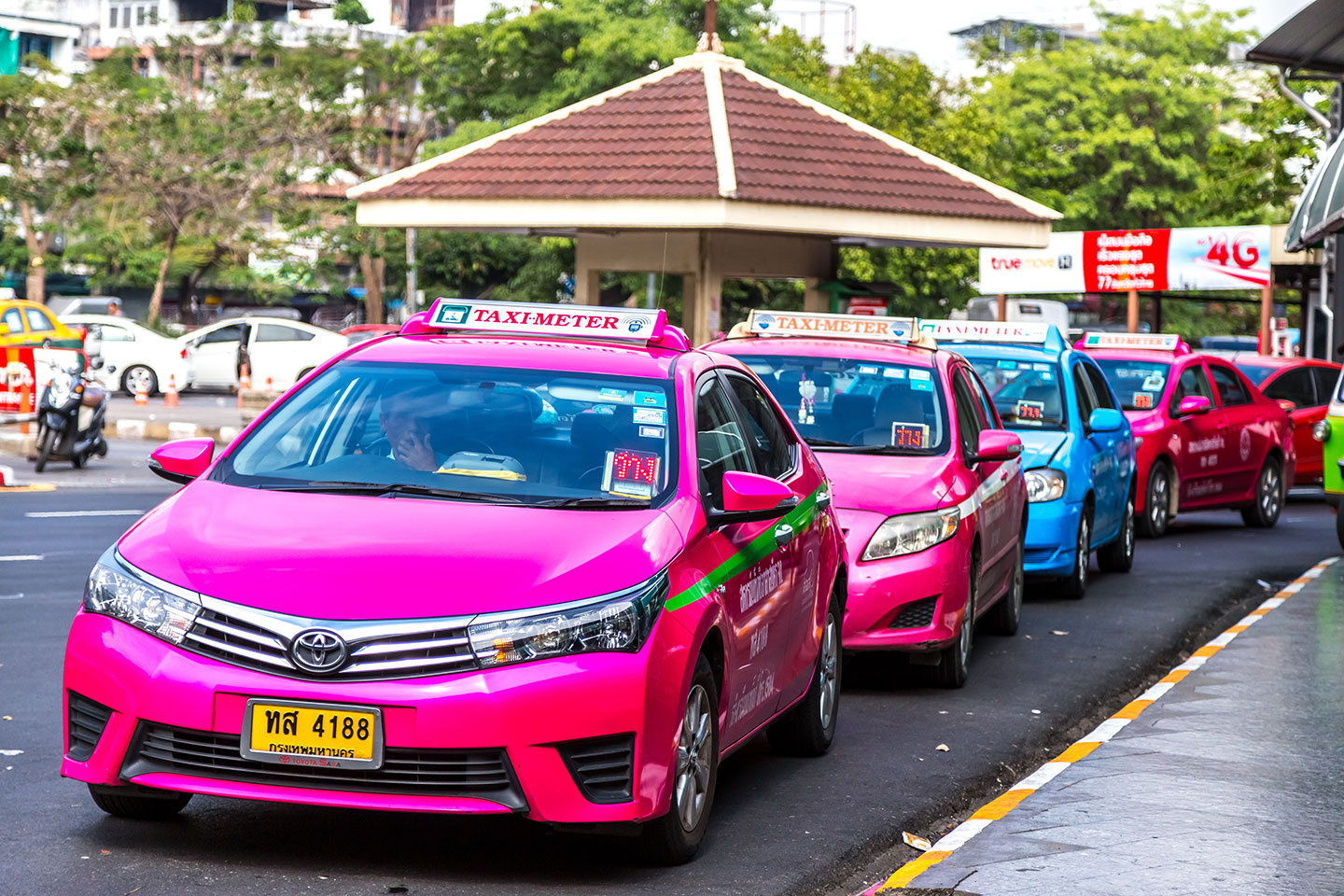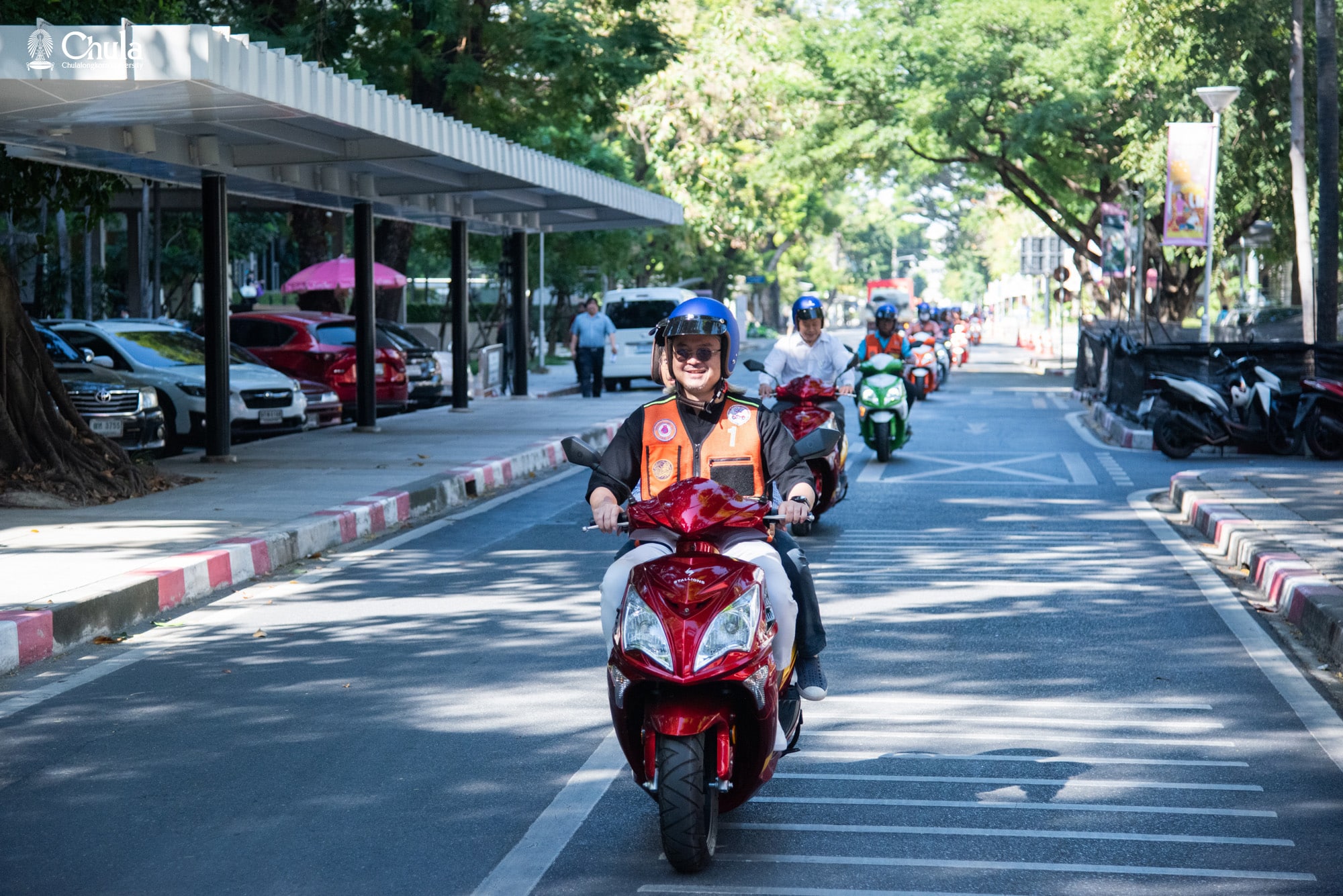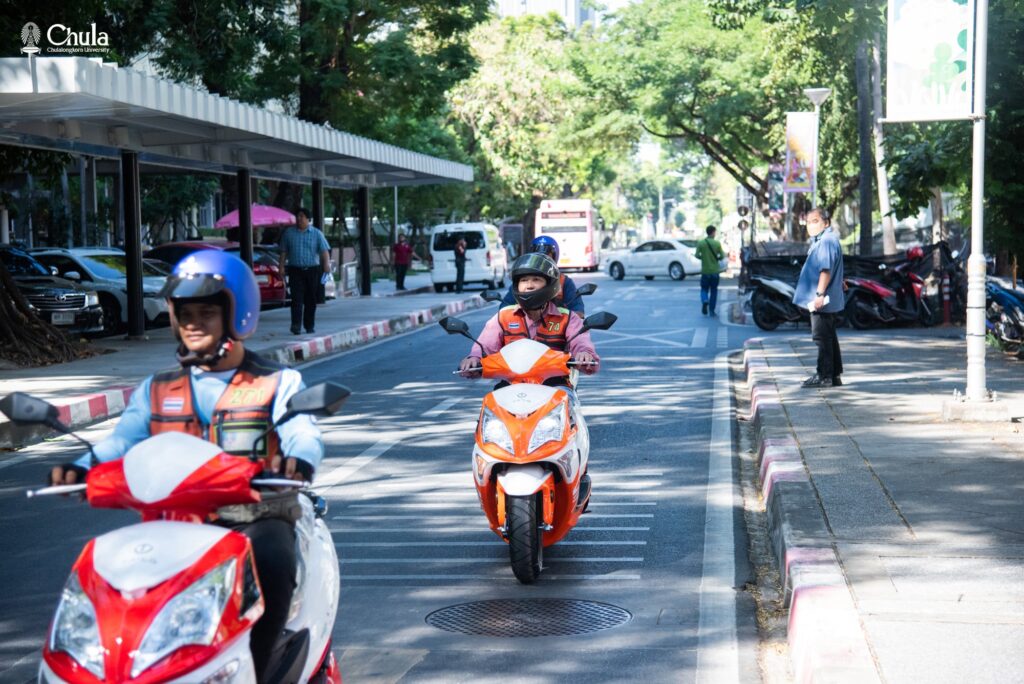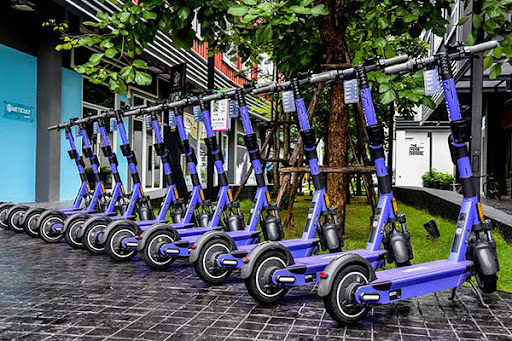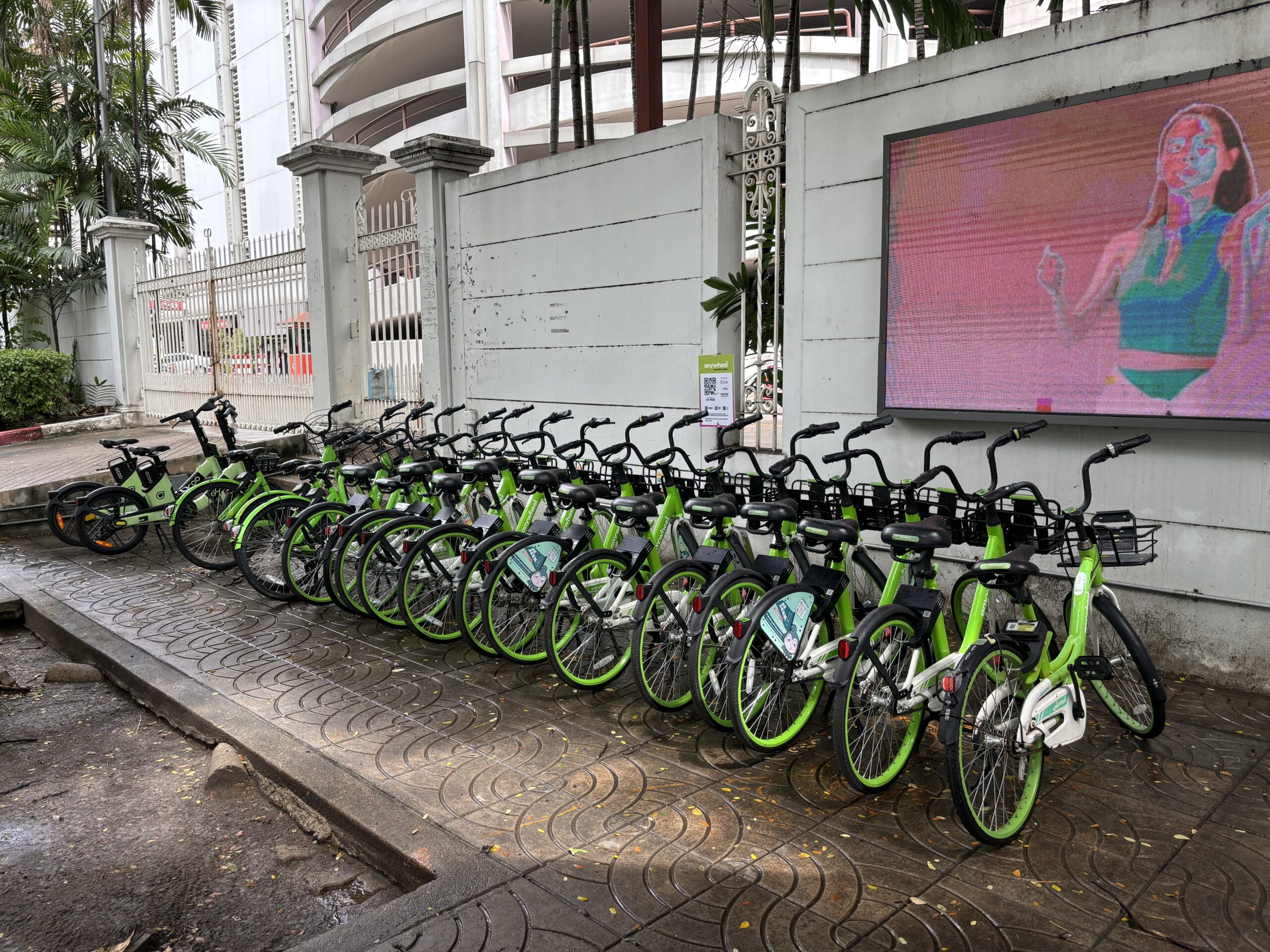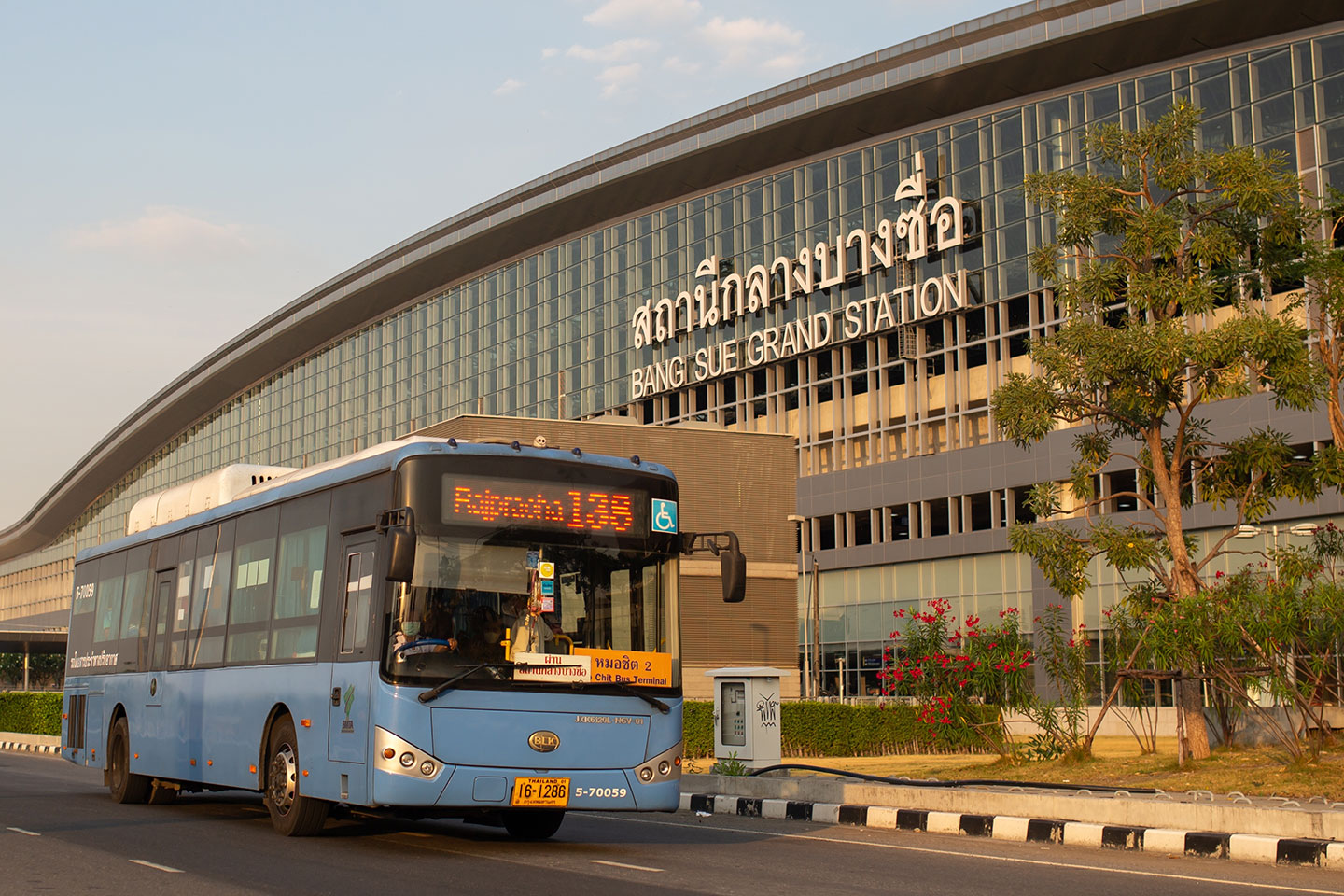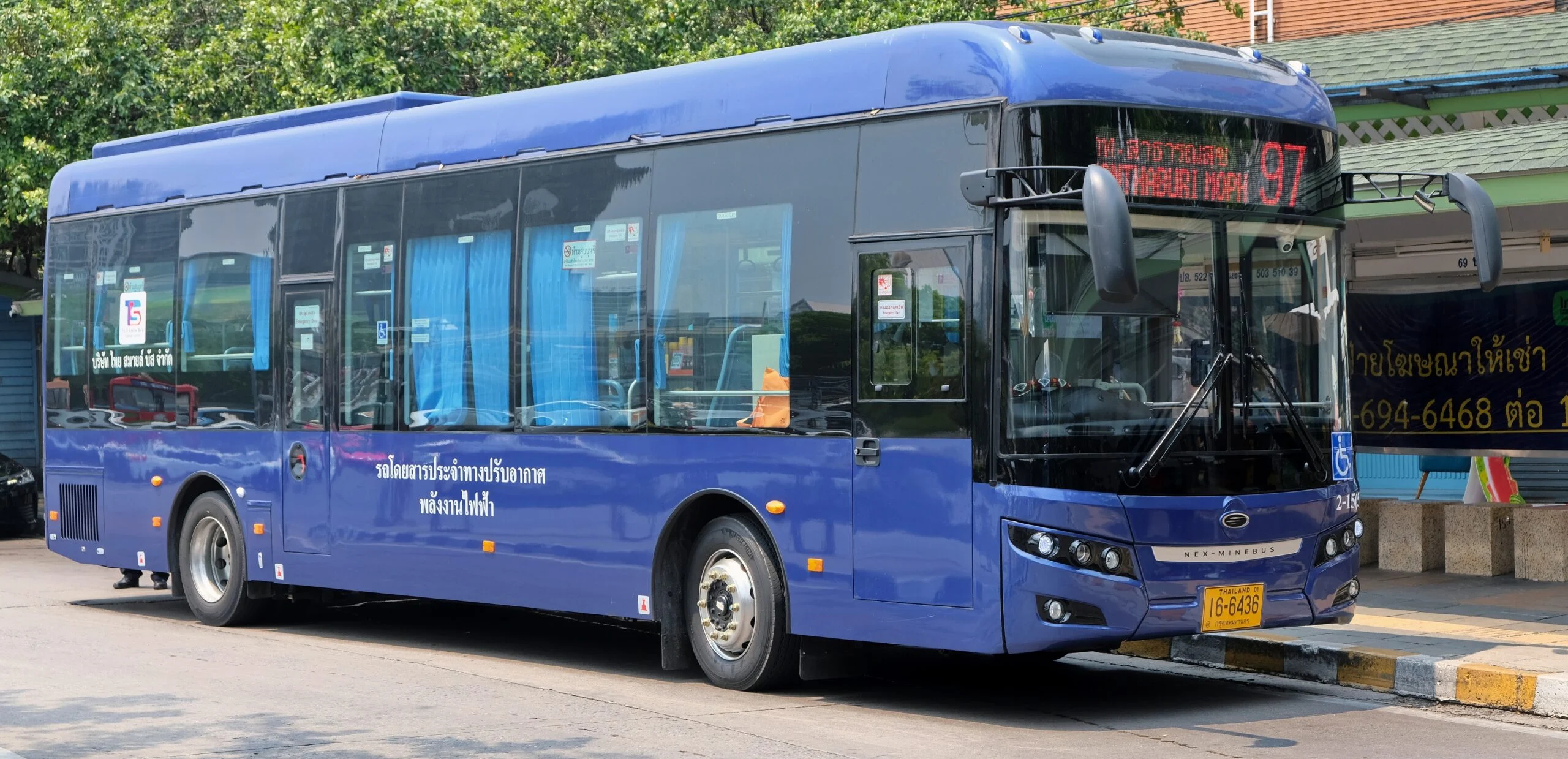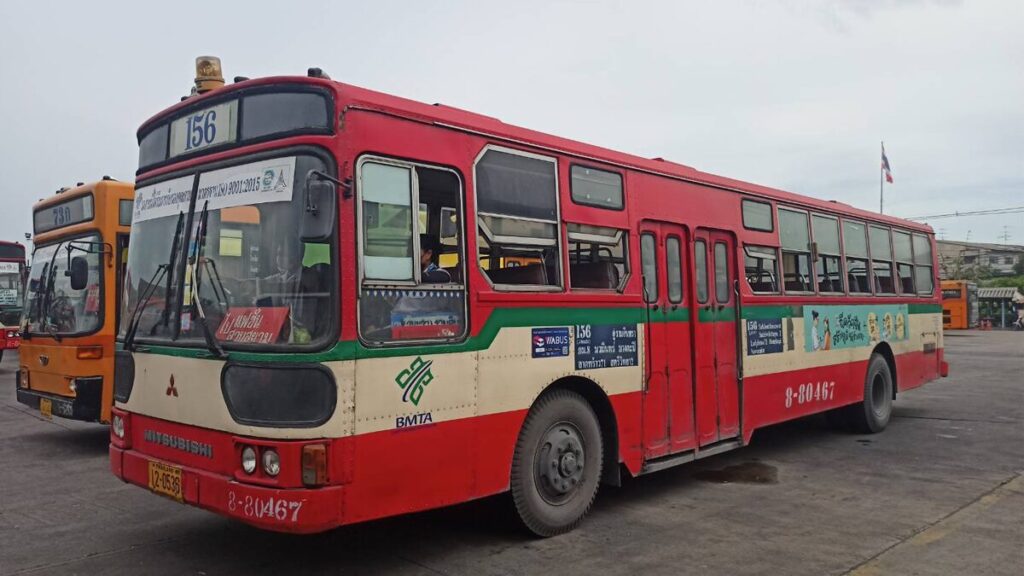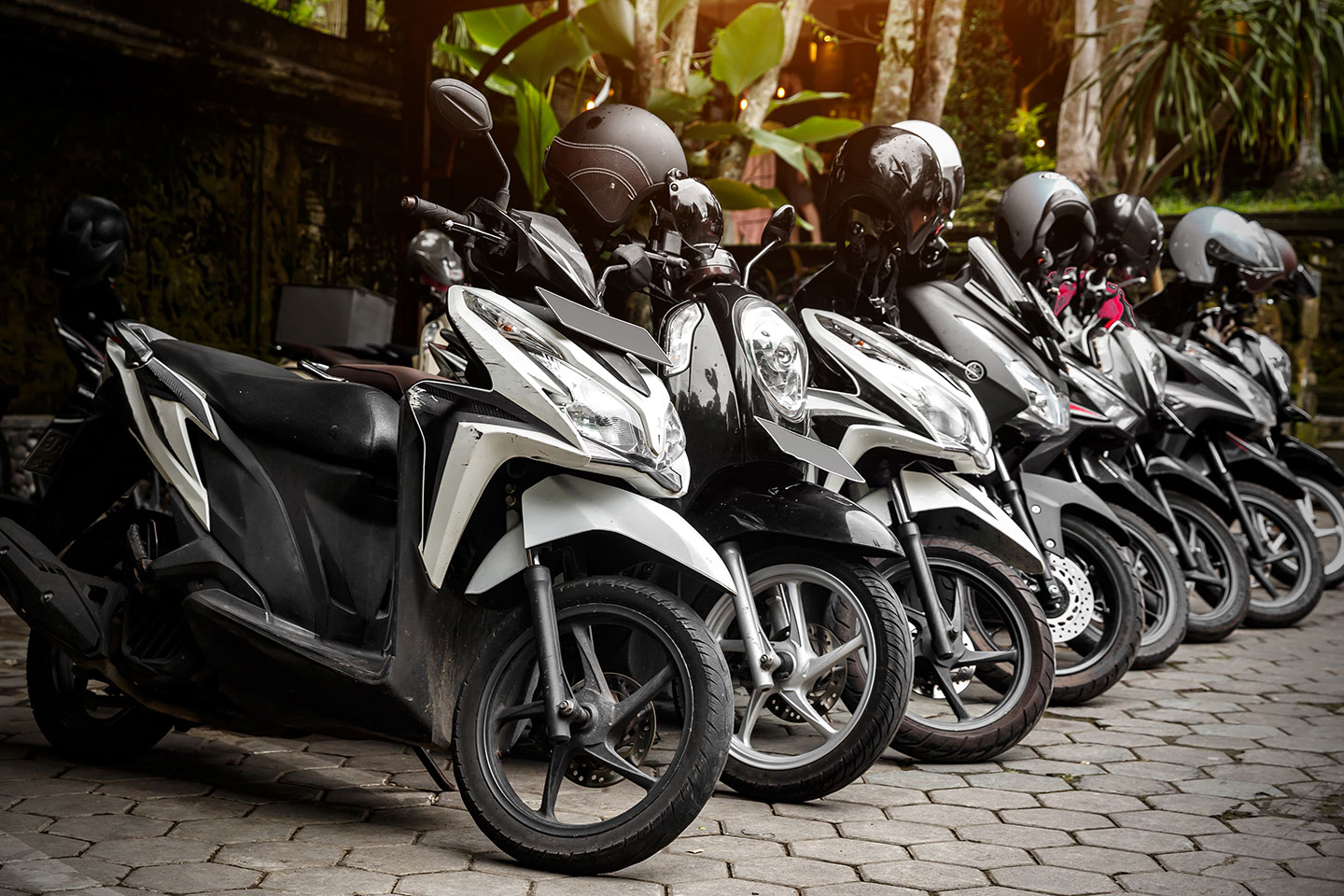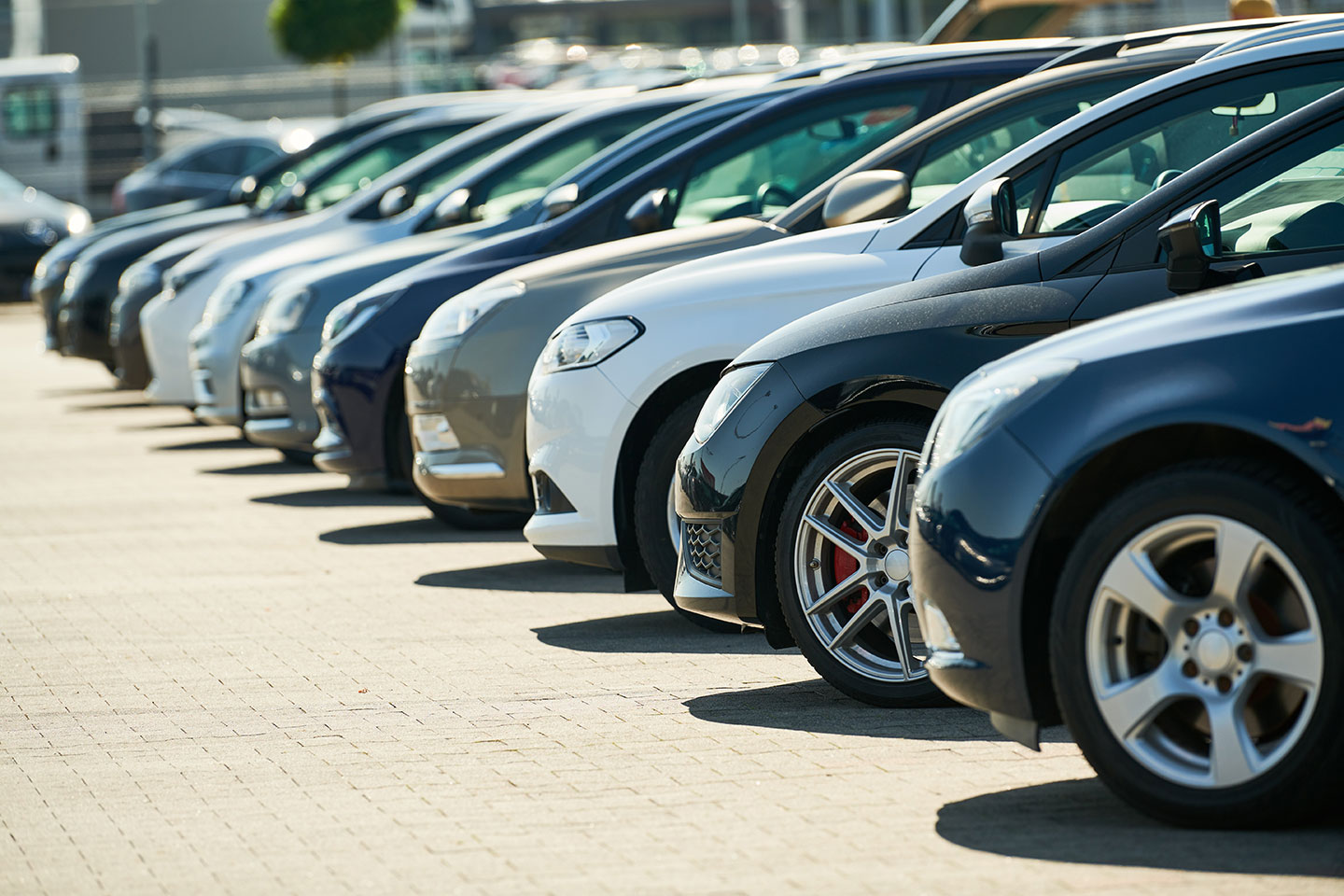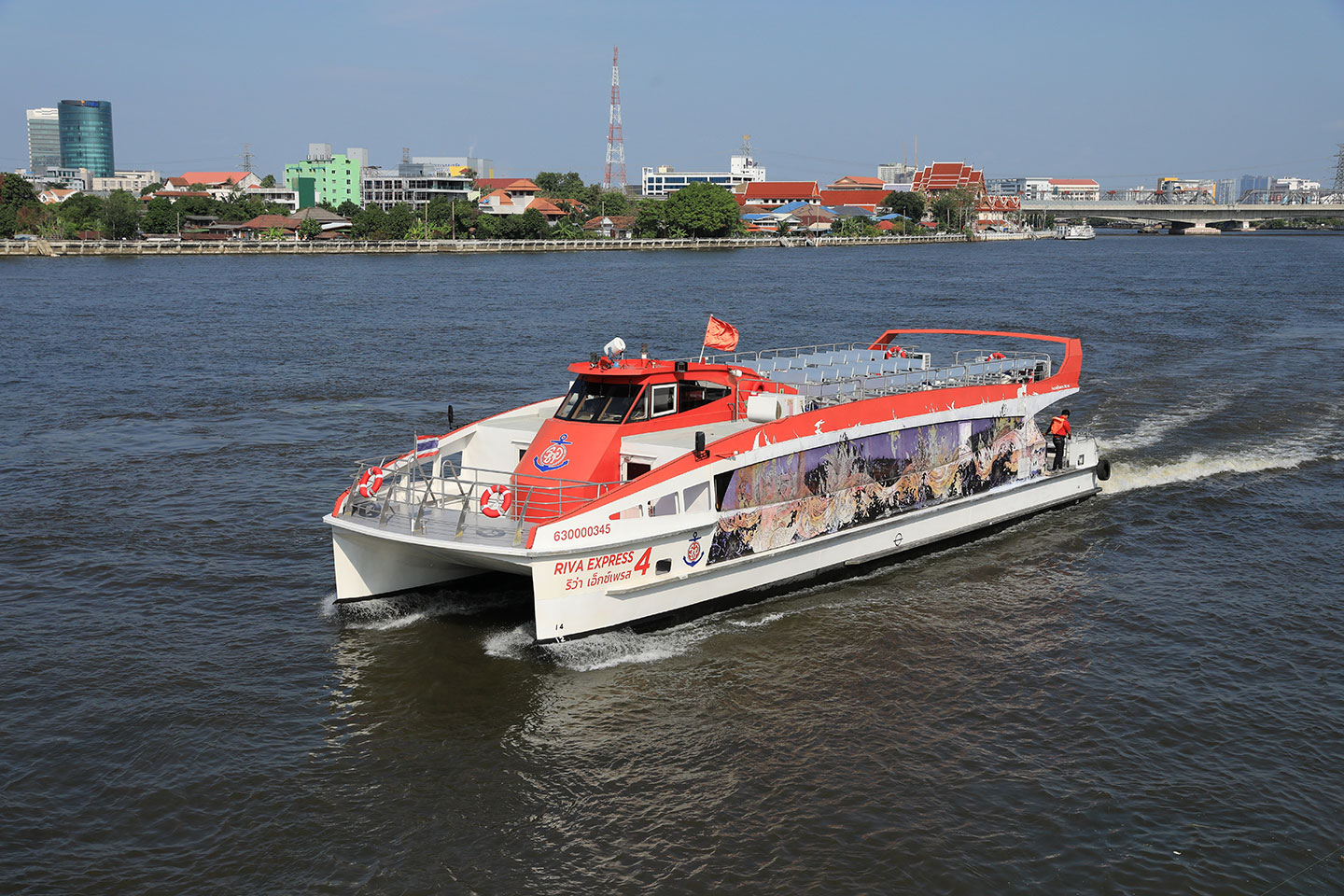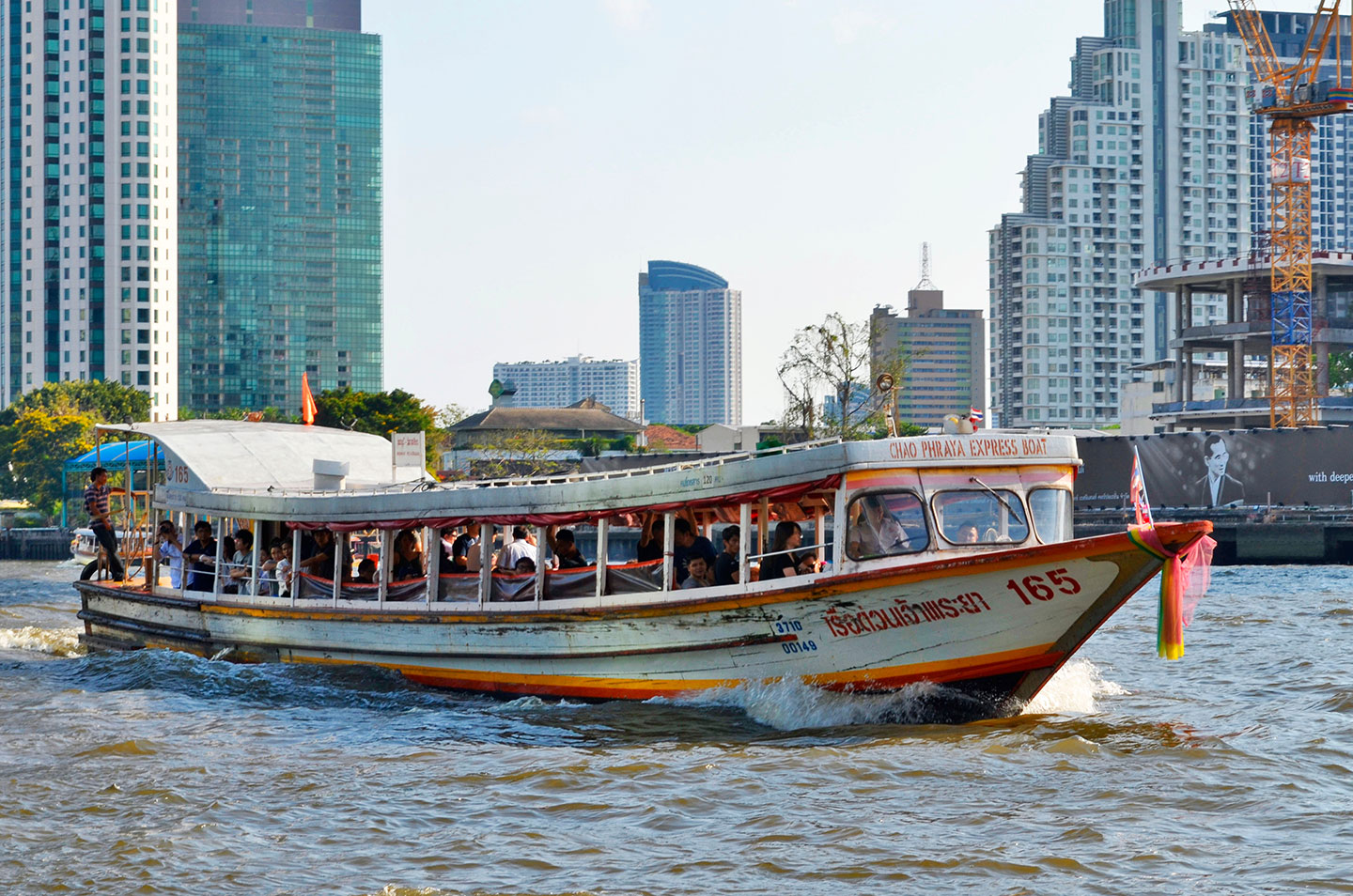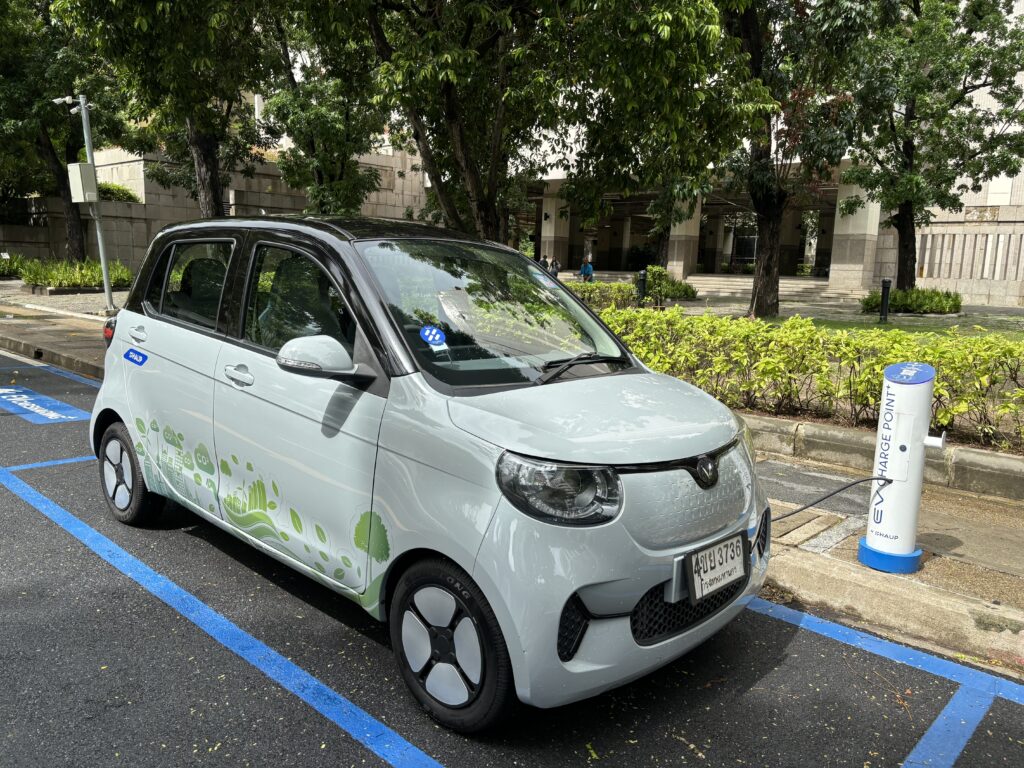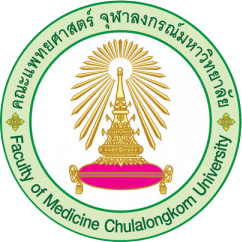Student Life /
Menu
Bangkok
Transportation
BTS Skytrain
How to go to the Faculty of Medicine, Chulalongkorn University by BTS (Skytrain), please take the Silom Line (Green Line) and get off at Sala Daeng Station (S2), Exit 5
Card Information
1. Single Journey Card
This ticket is valid for a single journey, with a fare according to the chosen destination (starting at 17 Baht, up to 47 Baht per journey) and valid for travel on the date of purchase only. The ticket will be retained at an Automatic Gate upon exit. You can purchase it at any Ticket Machine and BTS Ticket Offices.
- How to buy the Single Journey Card: https://www.bts.co.th/eng/tickets/ticket-machine.html
- How to use a Single Journey Card to enter or exit though an Automatic Gate: https://www.bts.co.th/eng/tickets/ticket-howto.html
2. One-Day Pass
This ticket is valid for unlimited rides on the date of issue or registration only, priced at 150 Baht (Non-Refundable). You can purchase it at the BTS Ticket Offices and it is only valid for the Green Line (Sukhumvit Line and Silom Line).
- How to buy the One-Day-Pass Card: https://www.bts.co.th/eng/tickets/ticket-daypass-issuing.html
- How to use One – Day Pass to enter or exit though an Automatic Gate: https://www.bts.co.th/eng/tickets/ticket-guide.html
MRT Subway
How to go to the Faculty of Medicine by MRT (Subway), please take the Blue Line and get off at Silom Station (BL26), Exit 2
Card Information
1. Single Journey Token
This token is valid for one defined trip and on the issuing date. You can purchase a token at a ticket vending machine and ticket office.
2. Stored Value Card
The tickets can add value to the card and stored value set for travel on several trips in the MRT system.
- How to buy the Ticket: https://metro.bemplc.co.th/Metro-Issue-Ticket
Bangkok Airport Rail Link
The Bangkok Airport Rail Link is a commuter train line that connects Suvarnabhumi Airport with the Phaya Thai (A8) BTS station, passing through Makkasan Station (A6), which links to the MRT Phetchaburi station.

The Airport Rail Link runs daily from 06:00 to 24:00. During peak hours (06:00-09:00 and 16:00-20:00), City Line commuter trains depart every 10 minutes, and every 15 minutes during off-peak times and on weekends.
Bangkok Airport Rail Link Fares
- City Line Standard Fare: 15 – 45 Baht, depending on distance.
- Suvarnabhumi Airport to Phayathai Station (BTS Skytrain interchange): 45 Baht
- Suvarnabhumi Airport to Makkasan Station (MRT Subway interchange): 35 Baht
State Railway of Thailand (SRT)
The State Railway of Thailand (SRT) manages all of the country’s national rail routes. By 2023, Krung Thep Aphiwat Central Terminal has become the primary terminus for all long-distance trains departing from Bangkok on the Northern, Northeastern, and Southern lines.
Types of Trains
- Special Express are the fastest trains, stopping at the fewest intermediate stations between the origin and destination.
- Express services are slightly slower than Special Express trains, stopping at more intermediate stations. They generally halt at all main provincial stations and some major towns.
- Rapid services are slower trains that stop at all main provincial stations, major towns, and some smaller towns.
- Ordinary services stop at all stations and some railway halts, originating or terminating in Bangkok.
- Commuter services stop at all stations and all railway halts, originating or terminating in Bangkok.
- Local services stop at all stations and all railway halts, originating or terminating outside Bangkok.
- Excursion services are special trains operating on weekends, such as the Nam Tok Sai Yok Noi and Suan Son Pradiphat services, or on specific days or periods, like the Pa Sak Jolasid Dam excursion train running only in winter and steam train services on designated days.
Online Ticket Booking: https://www.dticket.railway.co.th/DTicketPublicWeb/home/Home
How to book the ticket: https://www.dticket.railway.co.th/DTicketPublicWeb/help/
CU Shuttle Bus
The university does provide a free electric bus service operating from 7am to 7pm Monday to Friday. This service provides 6 different routes covering the whole of the university grounds; however, they don’t go anywhere else and only one (Bus 3) covers the hospital and faculty area.
Tuk Tuk
For your Instagram pictures, the infamous Tuk Tuk can be found pretty much anywhere in Bangkok, and are great for zipping through the city streets, particularly amid a warm evening breeze amongst the neon lights. Be aware though, these trikes are a little more expensive than a taxi or a motorcycle taxi, but understandable as they’re more expensive to run, maintain and are not heavily used by Bangkok residents – 90% of their custom comes from tourists. They also don’t use a taximeter so be savvy.
Taxi
Taxis in Bangkok are very cheap when compared to the western world. The fare starts at 35 baht and increases gradually, over distance thereafter. A typical fare for 4 or 5 kilometres is around 50 baht. They can be flagged down on the street, or ordered through the Grab app.
Taxis display a red light in the front window when they are available for hire. Don’t expect them to speak English, most of them don’t but may try.
There may be a lot written online about Taxi drivers fleecing or trying their luck with tourists/ travellers in Bangkok but in our experience this has never happened. Generally, Thai people won’t try to overcharge people and are not dishonest people.
Moped Taxi (motorcycle)
This can be more of an experience than riding the Tuk Tuks as the riders are pretty well versed in the arts of Bangkok road travel. Don’t be surprised to be given a hardhat as a helmet, travel on the wrong side of the road or even cruise on the pavement if need be – Bangkok moped taxis can be a real white knuckle ride, enjoy! Although these points here are no exaggeration, please don’t be put off, these guys know what they’re doing; you will be safe. They’re used by the general public all the time due to their unrivalled efficiency and speed; they are an asset to the central Bangkok community.
Cost – one full block distance (e.g. Rama IV to Sukhumvit) = 60 baht: not the cheapest but affordable and certainly the nimblest form of Bangkok transport.
Electric scooter (university)
Chulalongkorn University has partnered with Monowheel to introduce the “Leaf e-Scooter” rental service, designed to simplify campus commutes. For just a 20 baht unlocking fee plus 3 baht per minute of use, you can hop on these eco-friendly scooters and breeze your way around campus hassle-free.
City bicycle (university)
Say hello to CU Bike, brought to you by Chula Zero Waste! It’s the ultimate solution for getting around while being 100% kind to the environment.
CU Bike isn’t just a mode of transportation; it’s a revolution. As the first of its kind among Thai universities, it’s leading the charge in eco-friendly campus mobility.
Let CU Bike whisk you to your destination in record time, all while keeping you active and reducing your carbon footprint. With hassle-free operation, no need for fuel, and completely free. So why wait? Hop on a CU Bike and ride into a greener future today!
Bus
Hot and sweaty but very cheap Bangkok’s standard buses are extremely old, single deckers that, pretty much, only the local Thais use. These city slickers are pretty popular though, so seats are premium and for the pleasure of climbing on board, a standard fare will cost you 8 to 10 baht per trip – just don’t expect AC units or fans.
Moped hire
This could be a realistic option while on your elective and perhaps one of the cheapest forms of transport depending on where you’re staying. You will need necessary documents and a deposit …
Just be aware of the traffic infrastructure in Bangkok – it can, and often does, get crazy on the roads here and there’s a different ethos the drivers adhere to as to the one us europeans know – it’s certainly not the same as driving in the UK or Europe (though maybe a little like the USA).
If hired for the month, a moped can cost as little as 100 baht a day and at 38.38 baht per litre (around 83p or 97 Euro), fuel in Thailand is not far off half the price of that in the UK and most European countries.
Follow the links for more information:
Examples of standard moped hire in Bangkok
Examples of petrol prices throughout all companies operating in Thailand
Car hire
To be honest, this is never really an option our elective students opt for but it is one you may consider. The price stands at just below UK and European prices and can be cheap if booked in groups, particularly for the purpose of travelling. A deposit will be required along with all the necessary documentation (passport) including a driving licence from your home country. Also, Thai petrol prices are half the prices of the UK and European countries.
- UK £14.00 a day car rental
- BK 572 thb – £12.40 car rental
Follow the links below for details:
Water transport
Water transport has to be by far the best way to travel in Bangkok. Escape the pollution, the stop, start, crazy traffic, or the hustle and bustle of the train services and enjoy the breeze while you skim along enjoying the views from the city’s Chao Phraya River. Of course, riverboat travel is not the most practical – going in only one direction, but it is by far the most pleasant, and there are plenty of places to visit and sights to see along the riverbank: Asiatique Wat Yannawa Wat Arun Ratchawararam Ratchawaramahawihan Museum Siam Tha Maharaj Wat Pho and Iconsiam. So, if you have the opportunity, take it. Prices range from 16 thb to 30 thb.
Hit the link for details Bangkok Travel
On foot
Always an option. Just be careful – Thai drivers, both cars and mopeds, don’t treat zebra crossings or pedestrians randomly crossing the road at any given point, like the Brits or Europeans do but they do obey red lights and red flags so pedestrian crossings are safe. Advice – don’t cross the road in Central Bangkok at any point other than a designated area, and even then, keep your wits about you.
Also, be aware of the heat – even relatively short journeys can be challenging in this climate. Be sure to take some cold water with you on every single trip and opt for walking on the shady side of the road. If you particularly struggle with this kind of heat, a blacked out sun umbrella can really help. Never walk too far or stay out in the open sun for too long. Additionally, the air quality can be quite bad, particularly in some pockets of Bangkok, so be sure to wear a decent enough facemask.
EV car sharing
Chulalongkorn University in partnership with Haupcar, Thailand’s first car-sharing startup company, offers a car-sharing service to other areas outside the campus. Users can make a reservation only 30 minutes ahead and pay via smartphone. Currently, 10 EV cars are available for rental at various locations around the campus. More EVs will join the fleet in the future and air pollution emissions will be further minimized. Car rental can also alleviate the problem of inadequate parking space and reduce the number of cars using parking facilities.
